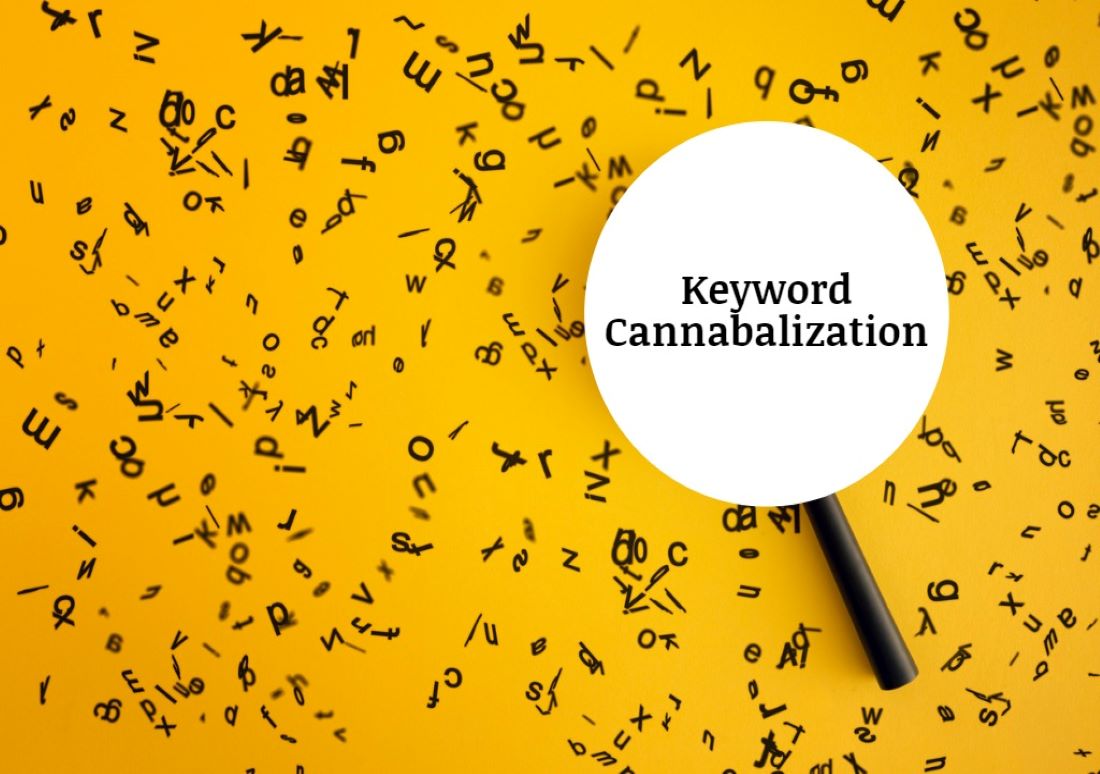In the previous article we defined base sales as the consistent, ongoing sales a brand would achieve without any additional marketing efforts. Incremental sales, on the other hand, are the sales generated because of specific marketing campaigns or promotions. We then delved into how simple regression analysis can help separate base sales from incremental sales by plotting sales data against marketing spend. The intercept of the regression line represents base sales, while the slope represents the sales generated for each additional...
Insights
As covered in previous section, the goal is to measure the total incremental sales generated and use that to calculate incremental ROAS. We’ll start by establishing your baseline sales and modeling the incremental sales driven by your ad spend. Then, we’ll calculate the incremental ROAS. To do this, we’ll dip into some statistics, starting with a simple linear regression model. We’ll keep it basic for now, just looking at overall ad spend and sales. As we progress through the modules, we’ll...
Today’s article is all about discovering the ultimate goal of any marketing mix modeling exercise. It’s about what any business is for: maximizing profits and returns on your investments. For brands selling digitally, especially, one key metric stands out: ROAS, or Return on Ad Spend. This metric is seen as a top KPI because it effectively measures the overall ROI of your marketing efforts. ROAS simply stands for Return on Ad Spend, and while most in the online sales industry are familiar...
In today's digital age, data is often hailed as the marketer's goldmine - a treasure trove of insights waiting to be unearthed and leveraged for optimizing strategies and driving business growth. However, the reality for many marketing teams is that the path to becoming "data-driven" remains shrouded in complexity and confusion. The phrase "data-driven marketing" has become a ubiquitous buzzword, with marketers across industries striving to harness the power of data. Yet, in practice, many teams still heavily rely on intuition,...
On-page and off-page SEO are two important aspects of search engine optimization (SEO) that can help a website rank higher and earn more relevant traffic in search engine results pages. On-page SEO involves optimizing individual web pages in order to rank higher and earn more relevant traffic, while off-page SEO involves building links from other websites and improving the overall authority and credibility of the website. Both on-page and off-page SEO are important for the success of a website in...
Challenge: A well established Organic Staples brand wanted to increase brand presence and drive sales online. This brand was established only in offline channels in Karnataka, India. This is where Expedify came on board as an extended marketing arm and a kick-ass partner to activate digital marketing. Journey: Expedify first worked with the Organic Staples brand to reorganize and improve their website. We also provided consulting for the Organic brands presence on Amazon, focusing on out of...
Have you ever visited a website, left without making a purchase, and then noticed ads for that same website following you around the internet? That's the power of remarketing at work. Remarketing is a digital marketing strategy that allows businesses to target their advertising to users who have previously visited their website or engaged with their brand in some way. It's an effective way to stay top-of-mind with potential customers and bring them back to the website to complete their purchase...
Performance marketing is a crucial aspect of modern digital marketing. It involves using data and analytics to track the effectiveness of marketing efforts and optimize campaigns to achieve the best possible return on investment (ROI). In this A to Z guide, we'll delve into the various components of performance marketing, from attribution and budgeting to keywords and landing pages. By understanding the key principles and tactics of performance marketing, you can develop campaigns that drive real results for your business. ...
Keyword cannibalization is a common issue that can arise when optimizing a website for search engines. It occurs when a website has multiple pages that are targeting the same or similar keywords, resulting in competition and confusion for search engines. In this article, we'll dive into what keyword cannibalization is, why it's a problem, and how you can avoid it in order to improve the search engine ranking of your website. First, let's define what we mean by "keywords." In the...
Domain Authority (DA) is a metric used to gauge the strength of a website's presence on search engines. Developed by the company Moz, Domain Authority is designed to predict how well a website will rank on search engine results pages (SERPs) based on a variety of factors. If you're new to the world of SEO, you might wonder what Domain Authority is, how it works, and most importantly, how to boost your domain authority score! Domain Authority (DA) is calculated...









